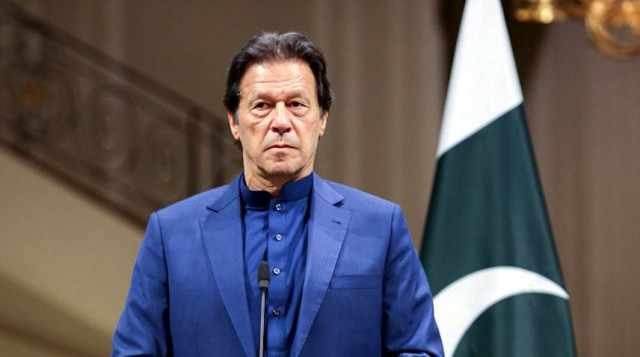Senate polls: FATA merger puts PTI in driving seat
Resultant rise in MPAs, change in election formula give ruling party the edge in Khyber-Pakhtunkhwa

The merger of the erstwhile federally administered tribal areas and the emergence of the ruling party as the single largest party in the unified province has enhanced their chances of bagging the most seats in the upcoming senate elections next year.
Following the merger of the tribal districts with the settled districts of Khyber-Pakhtunkhwa (K-P), the number of provincial assembly members (MPAs) in the provincial assembly rose from 124 to 145.
This increase in seats in the provincial assembly came with a corresponding change in the formula set for securing seats in the senate elections with hopefuls now requiring more votes than in past elections to secure their seat.
Candidates running for the seven senate general seats from the province will now require 19 votes each to win. Candidates for the two women’s seats and two technocrat seats need 49 votes each, while the minority candidate requires 73 votes to be successful.
With the Pakistan Tehreek-e-Insaf (PTI) holding around 94 seats in the house, it gives the party a good chance to fetch around five of the seats on its own. Even though the party is short one lawmaker, due to the death of their MPA from Nowshera, Jamshed Kakakhel, it still has more than enough members.
The ruling party also enjoys the support of two independent lawmakers including Faisal Zaman and Ihtisham Javed and the support of a Pakistan Muslim League-Quaid (PML-Q) lawmaker.
The opposition is in a position to win at least two seats given their combined numbers in the assembly with 41 MPAs. Being the largest parties in the opposition, the Jamiat Ulma-e-Islam-Fazl (JUI-F) and the Awami National Party (ANP) can secure one senate seat each with 15 and 12 seats each.
However, they will require support from the six Pakistan Muslim League-Nawaz (PML-N) and five Pakistan Peoples Party (PPP) and three Jamaat-e-Islami (JI) lawmakers.
Should two independent candidates, Amjad Afridi and Mir Kalam Wazir vote in favour of their candidates, their strength could rise to 43 votes in the assembly, enabling them to win two general seats comfortably.
To do this, however, the opposition will have to do what it has never done before in the house during elections for the upper house, put forward a united front by perhaps fielding combined candidates, especially for the women and technocrat seats.
Another strategy the opposition can opt for is to field a large number of candidates, thereby reducing the total number of votes required to win the seats. If the third and fourth largest parties in the opposition, the PPP and PML-N reach consensus on a united candidate and if a large number of candidates running for the senate seats, then these two parties could also win a technocrat or a woman’s reserved seat.
Published in The Express Tribune, December 21st, 2020.



















COMMENTS
Comments are moderated and generally will be posted if they are on-topic and not abusive.
For more information, please see our Comments FAQ